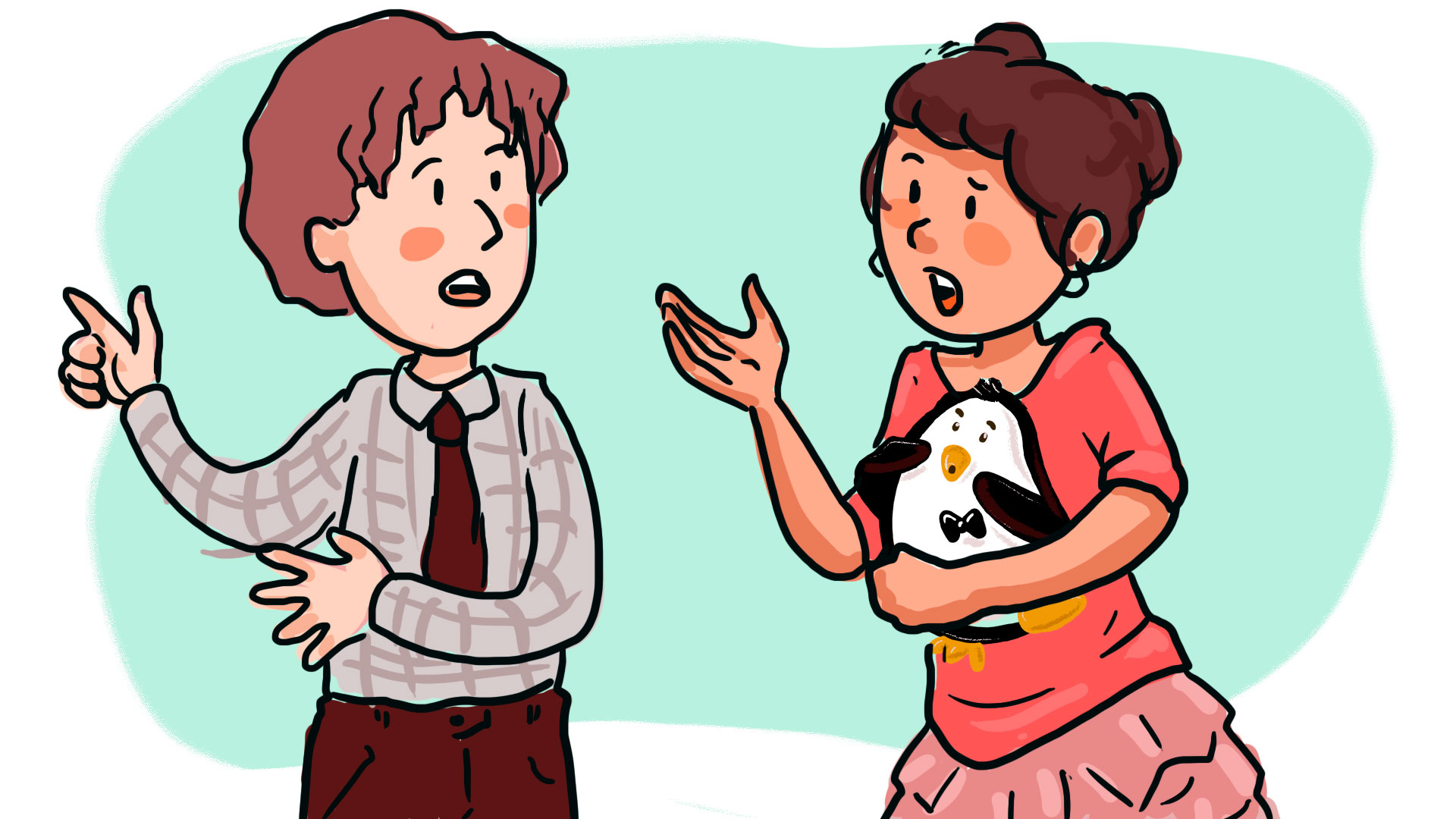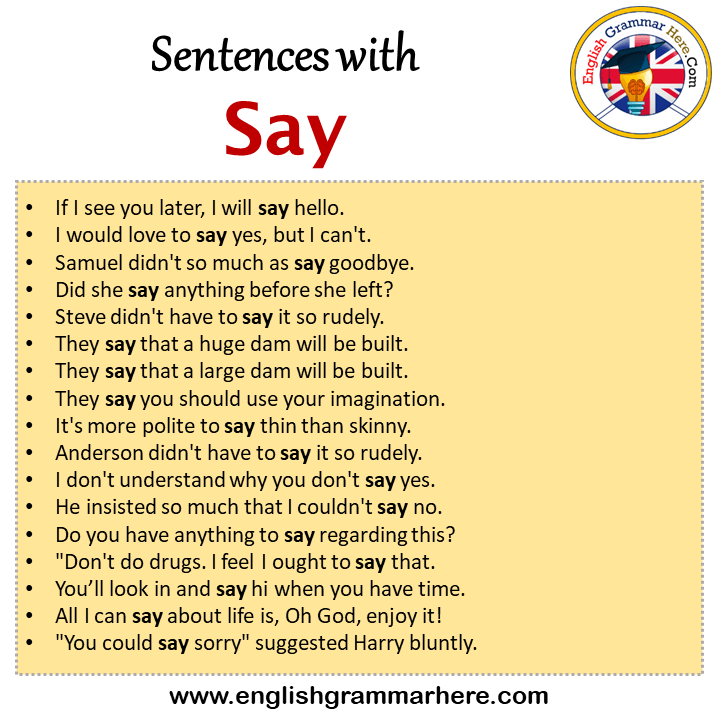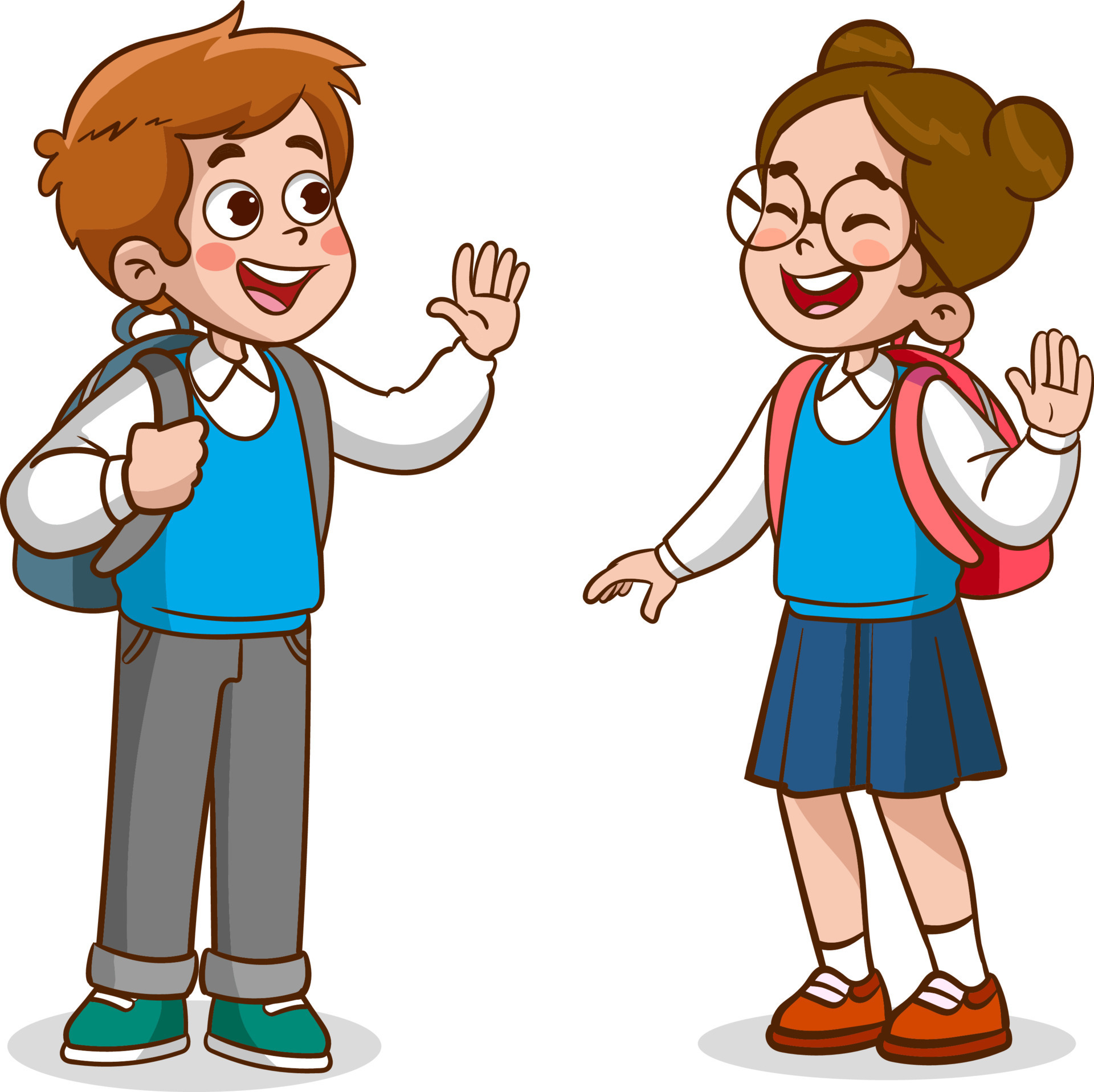Saying goodbye is a common thread that connects people across all places and tongues. It is, you know, a simple yet deep part of how we talk to each other, marking the end of a chat or a visit. From a quick wave to a long, heartfelt send-off, the ways we part company show a lot about our feelings and the people we are with.
For anyone curious about different ways of speaking, learning how folks say their farewells in another language can be pretty interesting. It is, in a way, like getting a peek into their daily rhythms and how they view the world. Knowing these little phrases can truly help you feel more at home when you are around people who speak that language.
In Jamaica, the island nation known for its lively spirit and rich sounds, saying goodbye has its own special feel. The language there, called Jamaican Patois, offers some rather unique and warm ways to wish someone well as you go your separate ways. It is, quite simply, a beautiful way to connect.
- Shahirizada Restaurant
- Henry Nixon Actor
- Center Security Training Nyc
- Trudy Chacon
- Victoria Secret Love Is Heavenly
Table of Contents
- What is Jamaican Patois, anyway?
- Why bother learning how to say goodbye in Patois?
- The common way to say goodbye in Patois - "Likkle More"
- How do formal goodbyes work in Patois?
- How do informal goodbyes sound in Patois?
- Beyond the words - showing respect when you say goodbye in Patois
- Picking up the rhythm of how to say goodbye in Patois
- The roots of how Jamaicans say goodbye in Patois
What is Jamaican Patois, anyway?
Before we look at the many ways to say goodbye, it helps to get a feel for Jamaican Patois itself. This is, you know, a very expressive way of speaking, used by people in Jamaica and those of Jamaican heritage living elsewhere. It is sometimes called Jamaican Creole or Jamaican Patwah, and it has a sound all its own. This language, you see, grew out of a mix of different influences over time. It has bits and pieces from Spanish, English, and various African languages, which all came together to form the speech patterns and word choices you hear today. It is a true reflection of the island's rich story and the many people who have shaped it.
To truly appreciate how people say goodbye in Patois, it is useful to grasp that Patois is not just a collection of slang words. It is, rather, a complete language system with its own rules for putting sentences together and its own special ways of saying things. When you speak Patois, you are, in a way, connecting with a deep cultural stream. It allows for a very direct and often quite colorful way of expressing thoughts and feelings. So, when you learn a phrase in Patois, you are getting more than just a translation; you are getting a piece of a lively cultural exchange.
Why bother learning how to say goodbye in Patois?
Knowing how to say goodbye in another language is, quite honestly, just as important as knowing how to say hello. When you take the time to learn a few parting words in Jamaican Patois, you are showing a real sign of care and good feeling towards the people you are speaking with. It makes a pretty big difference in how you connect with folks and how much respect you show for their way of life. Imagine, for instance, you have just had a nice chat with someone from Jamaica. As you prepare to leave, offering a goodbye in their own tongue can make that interaction feel much more personal and warm. It truly leaves a good, lasting feeling.
Beyond just being polite, having a few Patois goodbyes in your pocket can make your conversations flow better. It helps you fit in a bit more and feel more comfortable when you are around Jamaican speakers. It is, you could say, a way of stepping into their world just a little bit. When you can share a simple "see you later" in their language, it creates a sense of closeness. This shows that you are interested in their culture, and that, in itself, is a very positive thing. It helps build a bridge between people, making interactions smoother and more enjoyable for everyone involved.
The common way to say goodbye in Patois - "Likkle More"
One of the most widely heard ways to say goodbye in Jamaican Patois is the phrase "likkle more." Now, if you break that down word for word, it literally means "little more." You might think, "Well, how does 'little more' mean goodbye?" But in Patois, it is used to mean something like "see you later" or "until a little more time passes." It is, in some respects, a hopeful way of saying goodbye, suggesting that you expect to meet again soon. It carries a warm, casual feel, much like saying "catch you later" to a friend.
This phrase, "likkle more," is very versatile, meaning you can use it in many different settings. It is a friendly way to end a chat with someone you know, or even someone you have just met. For example, if you are leaving a small shop after buying something, you might say "likkle more" to the shopkeeper. It is a simple, straightforward way to express your departure while keeping the door open for future meetings. It shows a sense of community and connection, which is, you know, a pretty important part of Jamaican interactions. This phrase, truly, captures a common spirit of friendliness.
How do formal goodbyes work in Patois?
Just like in English, where you might say "farewell" in a more serious setting or "goodbye" to someone you do not know well, Jamaican Patois has ways to say goodbye that fit more formal situations. For these kinds of moments, Jamaicans often use "ba bye." This expression is, in a way, a direct nod to the English "bye-bye," but it is used when you need to be a bit more proper. It is the kind of phrase you might use when speaking to an elder, a person in a position of respect, or someone you have just met and want to show a certain level of polite distance.
Using "ba bye" shows that you understand the situation calls for a more respectful approach. It is not overly stiff, but it does carry a sense of properness. For instance, if you are leaving a business meeting or saying goodbye to someone you have just been introduced to at a public gathering, "ba bye" would be a good choice. It helps you make a good impression and shows that you can adjust your speech to suit different social situations. It is, you know, a very helpful phrase to have ready for those times when a casual "likkle more" might not be quite right.
How do informal goodbyes sound in Patois?
When you are with close friends or family, the way you say goodbye in Patois can be much more relaxed and warm. For these casual goodbyes, Jamaicans often use "ta taa." This phrase has a very friendly and familiar feel to it, much like saying "see ya" or "bye for now" to someone you know well. It is the kind of sound you would use with people you are comfortable with, where a more formal expression would feel a bit out of place. It shows a sense of closeness and easygoing connection.
"Ta taa" is, quite frankly, a sweet and simple way to part ways with those in your inner circle. You might use it when leaving a friend's house after a visit, or when saying goodbye to a family member after a meal together. It is a quick, light way to acknowledge your departure without making it a big deal. This phrase, you know, really fits those everyday moments where you just want to express a quick, friendly farewell. It helps keep the conversation light and maintains that easy bond between people who share a comfortable relationship.
Beyond the words - showing respect when you say goodbye in Patois
Learning how to say goodbye in Patois is not just about memorizing phrases; it is also about understanding the spirit behind the words. Knowing these phrases can truly make a big difference in how you connect with people and show respect for their way of life. When you use a Patois goodbye, you are, in a way, showing that you value their culture and their language. This kind of effort is often truly appreciated, and it helps to build good feelings between people. It is about more than just sounds; it is about showing care.
The act of saying goodbye, in any language, involves expressing a parting. It is a chance to convey your thoughts, perhaps a wish for their well-being, as you leave. The word "say" itself, you know, means to express something through spoken words or in written form. It involves making known your thoughts, opinions, or even just information. So, when you say goodbye, you are expressing a fact—that you are leaving—and often, an opinion or feeling about the interaction you just had. This is why choosing the right Patois phrase for the situation is pretty helpful. It allows you to make known your departure in a way that feels right for the moment.
Sometimes, saying goodbye is also about having your "say," meaning your turn or chance to speak. It is like when you have had your say in a discussion and then you sit down. In the context of leaving, having your say means you have uttered your farewell, declared your departure. This can involve pronouncing words or sounds, or simply expressing a thought about leaving. It is a moment where you get to declare your intention to part ways. This is, you know, a very important part of ending any interaction, making sure both sides feel the conversation has come to a natural close.
Picking up the rhythm of how to say goodbye in Patois
To truly get comfortable with saying goodbye in Jamaican Patois, there is nothing quite like listening and observing. When you pay close attention to how native speakers use these phrases, you will start to pick up on the little cues and situations where each one fits best. It is, you know, a bit like learning the rhythm of a song; you hear it over and over, and soon you can hum along. Asking questions when you are not sure is also a very good idea. People are often happy to help you learn and will appreciate your effort to understand their language.
This kind of active listening and watching will deepen your understanding of the language and make your speaking skills much better. It is not just about knowing the words, but also about feeling when to use them. For instance, you might notice that "likkle more" is often said with a friendly nod, while "ba bye" might come with a slightly more reserved posture. These small details, you know, really add to the meaning of the words. It helps you to not just say goodbye, but to truly express it in a way that feels natural and respectful within the culture.
The roots of how Jamaicans say goodbye in Patois
The Jamaican language, Patois, has a rich and complex background, which really shapes how people say goodbye. It is, you see, largely a mix of Spanish, English, and African influences. This means that the words and ways of speaking often carry echoes of these different origins. For example, some sounds or word structures might come from West African languages, while many words are clearly related to English, though they might be pronounced or used in a special Patois way. This blending creates a unique and very expressive form of communication.
This mix of origins means that even simple phrases like goodbyes can have layers of history within them. The language has changed over time, taking bits from different groups of people who came to the island. So, when you say "likkle more" or "ta taa," you are, in a way, using words that have traveled through generations and across oceans. It is a living language that keeps changing and growing, but its roots are very deep. This rich history makes learning how to say goodbye in Patois even more interesting, as you are connecting with a long story of cultural exchange.


